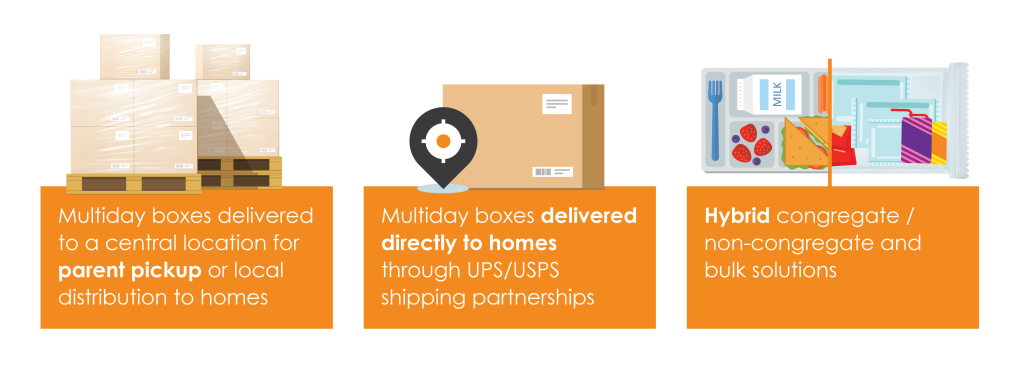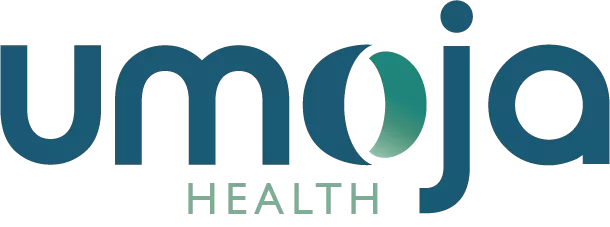Helping Every Eligible Child Access Summer & After-School Meals
SFSP-CACFP Nutrition Programs
Our team has more than 35 years combined experience with essential USDA nutrition initiatives including the Summer Food Service Program (SFSP) and the Child and Adult Care Food Program (CACFP). We understand the complexities of these federal programs inside and out, and have worked with a wide range of partners to help support impactful summer and after school programs from school districts, to food banks, community-based organizations, day cares, and beyond.
We know that no one model fits every sponsor or site. With a range of flexible solutions, our team can develop a meal solution to meet your specific needs. Whether you’re operating a parent pick-up SFSP program, looking for home-delivered solutions in your rural community, or operating a smaller after-school program, we can help.
Summer Food Service Program
The USDA’s 2023 rule changes have expanded the models for the Summer Food Service Program (SFSP) and provided new opportunities for feeding even more eligible children during summer break. Our team was pivotal in developing the pilot program that lead to what is now the Rural Non-Congregate (RNC) model, with at-home delivered meals. The new RNC model allows meals to be distributed in new ways to create more equity in meal programs and Umoja can help you implement these solutions seamlessly.
Planning and experienced support teams
National Sourcing and buying power for a wide range of SFSP-compliant foods, beverages, and snacks
Selection of popular meal kit menus, custom solutions
Multi-day Meal Kit Packs: 5-day, 7-day, and 10-day
Logistics Expertise, shipping, and data management
Grab-and-go and direct-to-home delivery options
Custom menu inserts
Parent surveys and feedback models

For the millions of kids who rely on meals when school is in session, we are mission-driven to help ensure every one of those eligible kids also has access to nutritious food through the summer. If you are already a sponsor or are operating a site and need summer meal solutions, connect with our team today. If you are interested in becoming a sponsor or want to operate a site and need a sponsor, let us introduce you to the Ujima Hunger Coalition for resources and support.
Child & Adult Care Food Program

Through the Child & Adult Care Food Program (CACFP), we help ensure that children have access to nutritious meals, supporting their health, growth, and learning potential. Our Meal Programs team has developed innovative, quality, well-balanced meal kits fostering healthier communities and improving quality of life for children and their families.
Umoja’s CACFP Cafe Meals are innovative and nutritious meal kits that offer flexibility, variety, and meet CACFP program guidelines. These distribution-ready kits are convenient, nourishing options for day care providers, adult day care centers, childcare centers, and anyone offering meals in a CACFP approved setting.
CACFP Cafe Meal Kit Benefits:
Packaged and ready-to-eat
Quality foods
Meet all minimum meal pattern equivalencies
Available with Milk
Made with foods & flavors kids LOVE
“Buy American” compliant
At Umoja, we work with small, medium, and large CACFP sponsors across the country to ensure all eligible children have access to meals. Connect with our team today for more information on CACFP Café meals.
Partner with us to feed more children
At Umoja, we work with small, medium, and large CACFP sponsors across the country to ensure all eligible children have access to meals. Connect with our team today for more information on CACFP Café meals.
